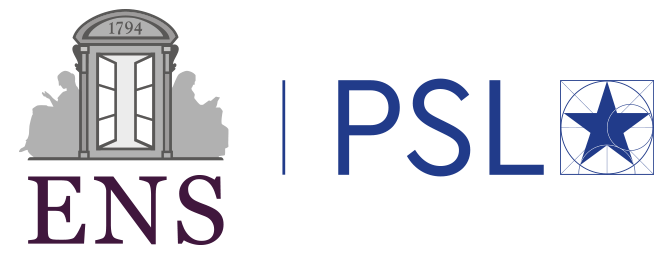Domaines
Condensed matter
Quantum information theory and quantum technologies
Nanophysics, nanophotonics, 2D materials and van der Waals heterostructures,, surface physicss, new electronic states of matter
Type of internship
Théorique, numérique Corporate activity
Description
Atomic scale simulations play a central role to understand and anticipate the ageing of materials for low-carbon
energy such as batteries or steels inside nuclear reactors. The successful Density Functional Theory is the state-of-the-art
method to tackle these bulk materials but still fails to reach physically interesting phenomena such as paramagnetism in
austenitic steels or strongly correlated electrons in oxydes. Meanwhile, quantum computing is foreseen to solve industrial
materials problems but algorithms developed today in the Noisy Intermediate Scale Quantum (NISQ) era have only been
tested on small or toy models. In addition, the ultimate goal of outperforming classical algorithms benefiting from dozen of
years of optimisation is still out of reach.
In this internship, we will combine advanced quantum chemistry methods (embedding
methods such as Density Matrix Embedding Theory-DMET) and quantum computing where the solving part will be a
quantum algorithm that can be run on a quantum computer. Your work will be to design an innovative approach namely
the quantum embedding method to solve NiO oxyde such as in (Cao et al., 2023) and to compare numerical results of this
algorithm with best classical methods. The effect of noise might be explored. This internship is planned to be pursued in a
PhD CIFRE.
Contact
Antoine Michel
